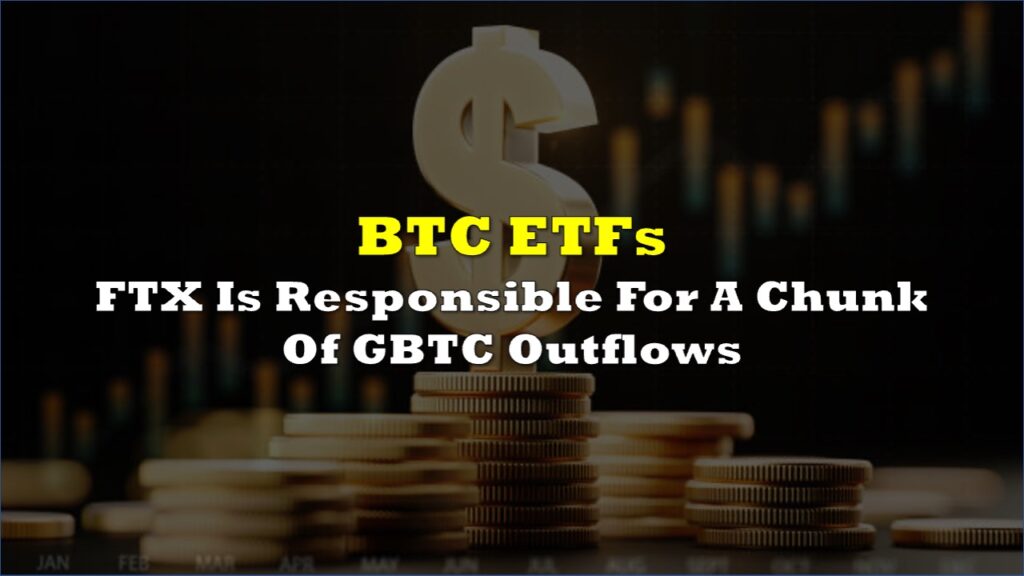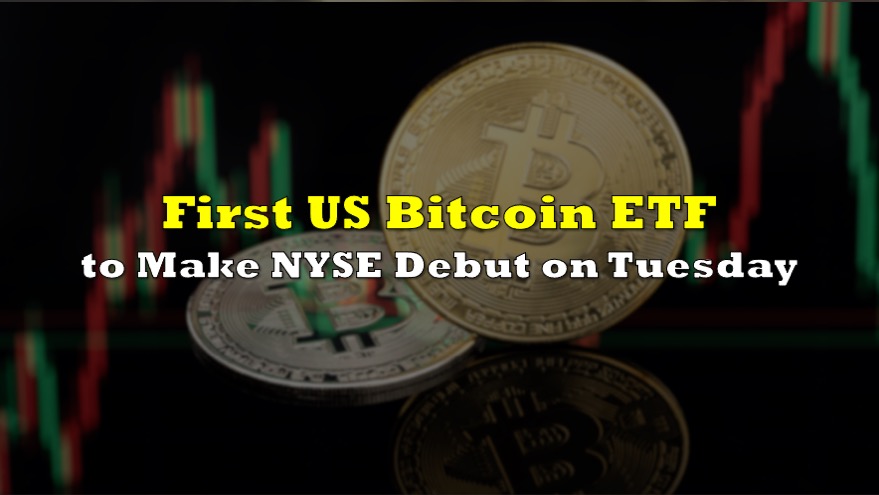The US Bitcoin exchange-traded funds (ETFs) market is experiencing its longest streak of daily net outflows since the funds’ debut earlier this year. According to data compiled by Bloomberg, investors withdrew close to $1.2 billion from 12 Bitcoin ETFs over an eight-day period ending on September 6, 2024. This marks a significant retreat from the once highly sought-after funds, reflecting broader concerns among investors as global markets grapple with uncertainty.
The sudden drop in inflows comes during a period of heightened caution across multiple asset classes, driven by persistent concerns about economic growth in both the United States and abroad. Factors contributing to this risk-off sentiment include mixed signals from the US labor market and signs of deflationary pressures in China, both of which have dented investor confidence.
These macroeconomic challenges are creating ripple effects throughout the cryptocurrency market, as Bitcoin’s performance becomes more closely correlated with traditional assets, such as equities and commodities.

Despite Bitcoin’s reputation as a hedge against inflation and market instability, its price movements have increasingly aligned with stock market fluctuations. A rising short-term correlation between Bitcoin and stock indices suggests that crypto traders are reacting to broader economic conditions rather than purely digital-asset-related events.
“There is a clear convergence between how Bitcoin is behaving and the stock market, especially in periods of volatility,” said Sean McNulty, director of trading at Arbelos Markets.
Bitcoin, the largest and most prominent cryptocurrency, has been struggling to regain momentum in September. Over the past month, the digital asset has posted a 7% loss, driven largely by selling pressures and fears of tightening monetary policies globally.
However, Bitcoin did manage to recover slightly over the weekend, rising about 1% to $54,870 as of 1 p.m. Singapore time on Monday. McNulty attributed part of this relief rally to high-profile figures in the crypto space closing their short positions.
For example, Arthur Hayes, the co-founder of BitMEX trading platform, recently announced the closing of his short trades via social media, which appeared to have an impact on market sentiment. Hayes has been a vocal participant in the crypto trading ecosystem, and his moves often sway the market, especially when paired with his public commentary.
Beyond economic drivers, political developments in the US may also be influencing the trajectory of the Bitcoin market. As the US presidential race heats up, speculation around pro-crypto policies is contributing to volatility in Bitcoin’s price. Former US President Donald Trump, the Republican frontrunner for the 2024 election, has become a significant figure in crypto-friendly circles due to his more favorable stance on digital assets compared to other candidates.
McNulty noted, “Trump’s rise in the polls is creating some optimism in crypto circles, especially with his previous statements favoring looser regulations.” The gap between Trump and current Vice President Kamala Harris, the Democratic nominee, has narrowed in prediction markets, adding a layer of uncertainty to the cryptocurrency landscape. Harris has yet to release a comprehensive plan on digital assets, leaving market participants in suspense over her potential approach to regulation if elected.

Bitcoin ETFs, which allow investors to gain exposure to the cryptocurrency without directly purchasing it, made a high-profile debut in January 2024. The funds initially attracted overwhelming interest, driving Bitcoin to an all-time high of $73,798 in March. The surge in demand for these ETFs was largely seen as a sign of growing institutional acceptance of Bitcoin as a legitimate investment.
However, the momentum behind these ETFs began to slow over the summer, in line with broader cooling in the crypto market. Bitcoin’s year-to-date gains have now moderated to around 30%, significantly lower than the explosive growth seen earlier in the year.
Looking ahead, Bitcoin is expected to remain within its recent trading range of $53,000 to $57,000 in the near term. Traders are awaiting key inflation data from the US government, which is due to be released later this week. The consumer-price index (CPI) report will likely shape expectations for future monetary policy moves by the Federal Reserve, particularly regarding the pace of interest rate cuts.
Caroline Mauron, co-founder of Orbit Markets, a provider of liquidity for digital-asset derivatives, commented, “The inflation data on Wednesday could be pivotal in determining Bitcoin’s short-term trajectory. A higher-than-expected inflation number may delay any monetary easing, which would weigh on risk assets, including Bitcoin.”
Information for this briefing was found via Bloomberg and the sources mentioned. The author has no securities or affiliations related to this organization. Not a recommendation to buy or sell. Always do additional research and consult a professional before purchasing a security. The author holds no licenses.









